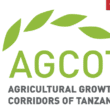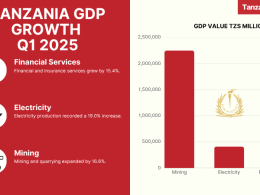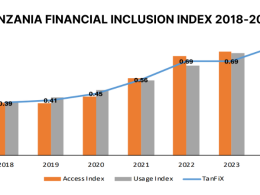The Absa Group in association with OMFIF recently released its Absa Africa Financial Markets Index 2021 Report that gauges 23 countries’ performance across a host of indicators important for financial market development and their openness to foreign investment.
In his introductory remark, Jason Quinn, Interim CEO of the Absa Group explains that “As a pan-African bank, we firmly believe that financial market development can play a vital role in increasing Africa’s resilience to shocks and improve the continent’s chances of having a sustainable recovery. [The report] has become a critical toolkit for countries seeking to strengthen their financial markets infrastructure. Now in its fifth year, the index records countries’ openness to foreign investment and is an objective indicator of the attractiveness of Africa’s capital markets, intended for use by policy-makers, investors, and asset managers around the world.”
The report explains that as the global economy struggles to recover from the worst health crisis in a century, African economies face the twin challenges of reinvigorating financial markets while strengthening market infrastructure through technological innovation and investment-enabling policies.
The pandemic has reinforced the importance of deepening domestic markets to hedge against foreign capital outflows and help the region achieve its full potential.
Using a variety of parameters, both qualitative and quantitative, the Absa Africa Financial Markets Index scores countries on a scale of 10-100 based on six fundamental pillars comprised of over 40 indicators on six major metrics: 1) market depth, 2) access to foreign exchange, 3) market transparency and regulation, 4) capacity of local investors, 5) macroeconomic opportunity, 6) enforceability of international financial agreements.
Average scores declined to 46.4 from 50.8 last year (2020), with only seven countries earning above 50. This year (2021), Tanzania ranks 13th with a score of 45 versus 50 in 2020.
However, Tanzania rises nine places to 7th-the largest improvement in the macroeconomic opportunity pillar-and ranks 2nd in East Africa (after Uganda) with a score of 65.
This pillar assesses countries’ economic prospects using metrics on growth, debt, export competitiveness, banking sector risk and availability of macro data.
Absa explains that Tanzania’s performance was driven mainly by expansion in its share of regional exports and improvements in transparency, specifically in communicating monetary policy decisions.











